Known as the “Queen of Fruits”, mangosteen (Garcinia mangostana) is a tropical delicacy celebrated for its sweet, tangy flavor, fragrant aroma, and impressive health benefits. This exotic fruit has captivated people across Southeast Asia and is gradually gaining popularity in international markets, thanks to its unique taste and nutritional properties.
While several tropical countries cultivate mangosteen, one nation stands out as the global leader in production. So — which country is the largest mangosteen producer globally?
In this comprehensive article, we’ll explore the answer, examine the history of mangosteen cultivation, review global production statistics, and understand the factors contributing to the leading country’s dominance in mangosteen farming.
What Is Mangosteen?
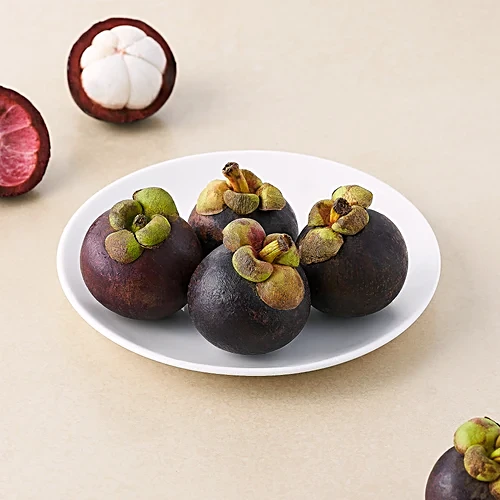
Before identifying the world’s top producer, it’s important to understand what makes mangosteen so special. Mangosteen is a tropical fruit native to Southeast Asia, belonging to the Clusiaceae family. It is prized for its purple rind and juicy, snow-white segments of pulp within.
The fruit has a subtly sweet and tart flavor, often compared to a blend of peach, pineapple, and citrus. Apart from its culinary appeal, mangosteen is lauded for its antioxidant-rich properties, particularly due to compounds called xanthones found in its rind.
A Brief History of Mangosteen Cultivation
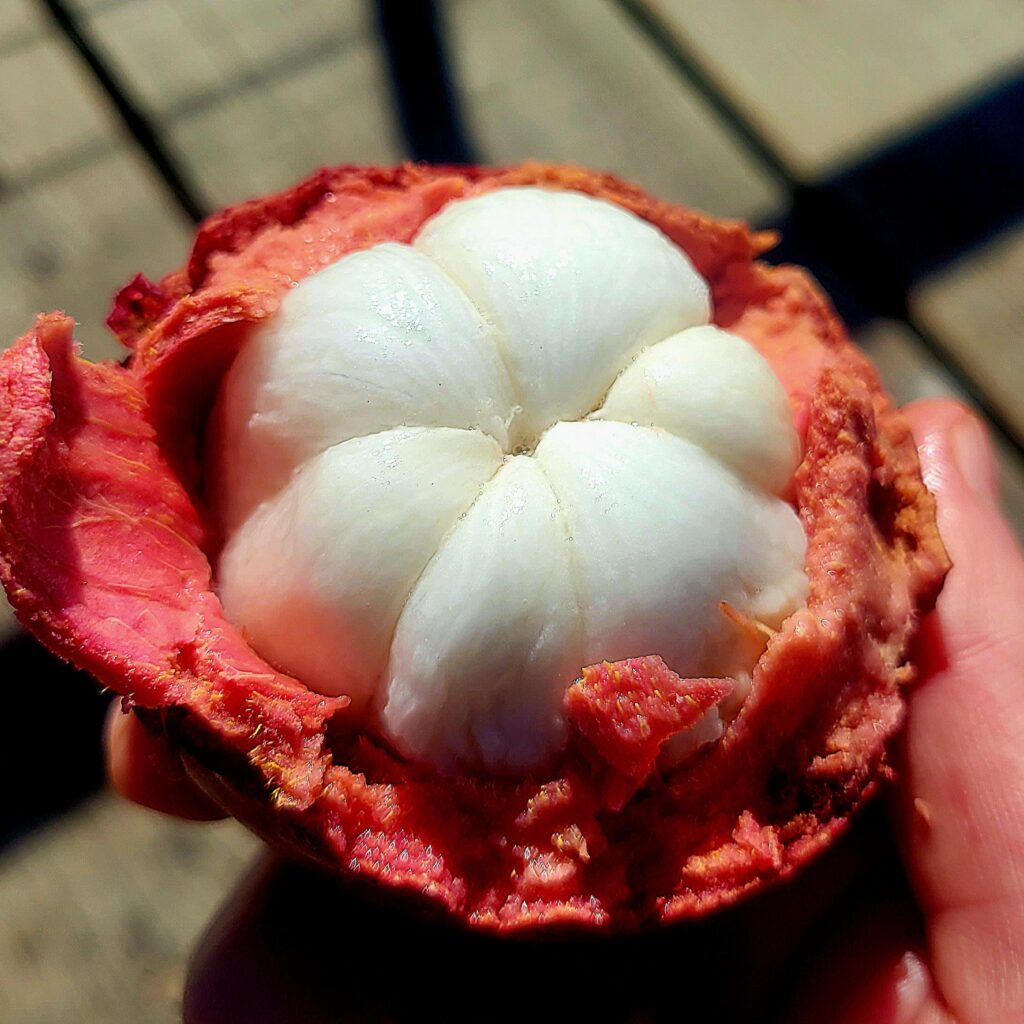
Mangosteen has been cultivated in Southeast Asia for centuries, with origins traced to Indonesia and the Malay Peninsula. Historical records suggest that mangosteen was known and appreciated by royalty and traders throughout the region.
By the 19th century, the fruit gained the nickname “Queen of Fruits” after being favored by Queen Victoria of England. She is said to have offered knighthood to anyone who could bring her fresh mangosteens from Asia.
Since then, mangosteen has spread to other tropical regions such as Thailand, Malaysia, the Philippines, Vietnam, India, and Sri Lanka. Small-scale farming attempts have also been made in parts of Africa, Central America, and South America.
Which Country Is the Largest Mangosteen Producer Globally?
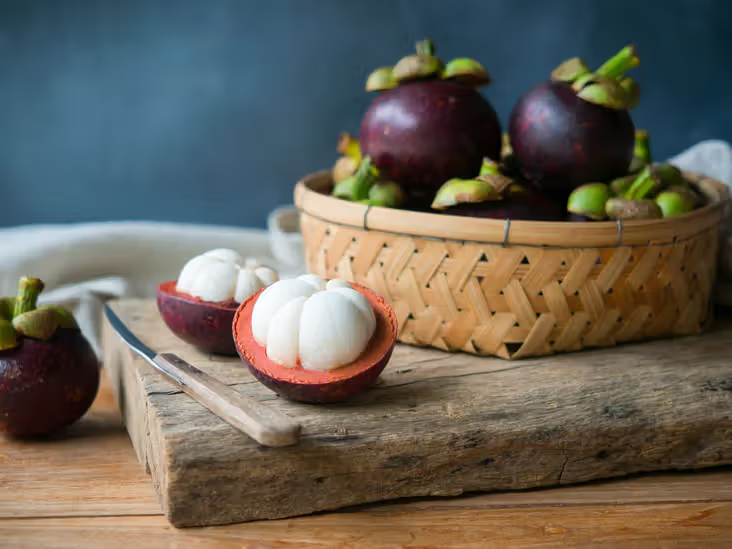
Thailand holds the title as the largest mangosteen producer in the world.
With its favorable tropical climate, advanced agricultural practices, and vast areas dedicated to tropical fruit orchards, Thailand has become the top global exporter and supplier of mangosteens.
According to the Food and Agriculture Organization (FAO) and multiple global trade and horticulture reports, Thailand consistently accounts for over 50–60% of the world’s mangosteen production, making it the undisputed leader in the industry.
Mangosteen Production in Thailand
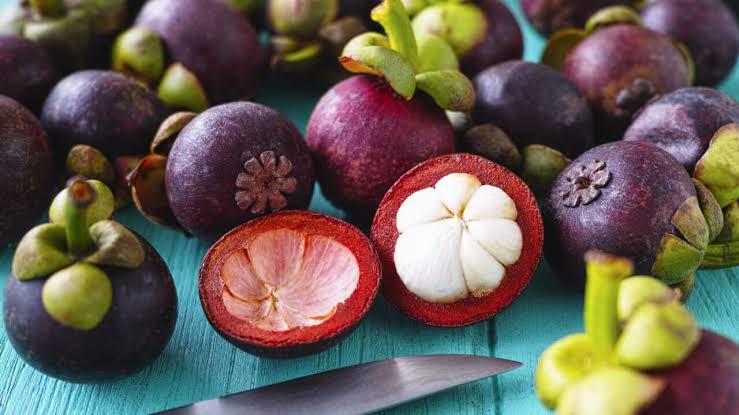
Ideal Growing Conditions
Thailand’s climate is ideal for mangosteen cultivation, featuring:
- High rainfall (1,200–2,500 mm annually)
- Warm, humid temperatures (25–35°C)
- Rich, well-drained soils
These conditions are especially prevalent in Thailand’s southern and eastern provinces, including:
- Chanthaburi
- Rayong
- Trat
- Pattani
- Yala
- Narathiwat
Annual Production Volume
Thailand produces an estimated 300,000–400,000 metric tons of mangosteens annually, with harvest seasons typically peaking between May and August.
The country exports mangosteens to numerous international markets, including:
- China (the largest importer)
- Hong Kong
- Singapore
- Malaysia
- United Arab Emirates
- Europe
- United States (in limited quantities due to import regulations)
Why Is Thailand the Leading Mangosteen Producer?
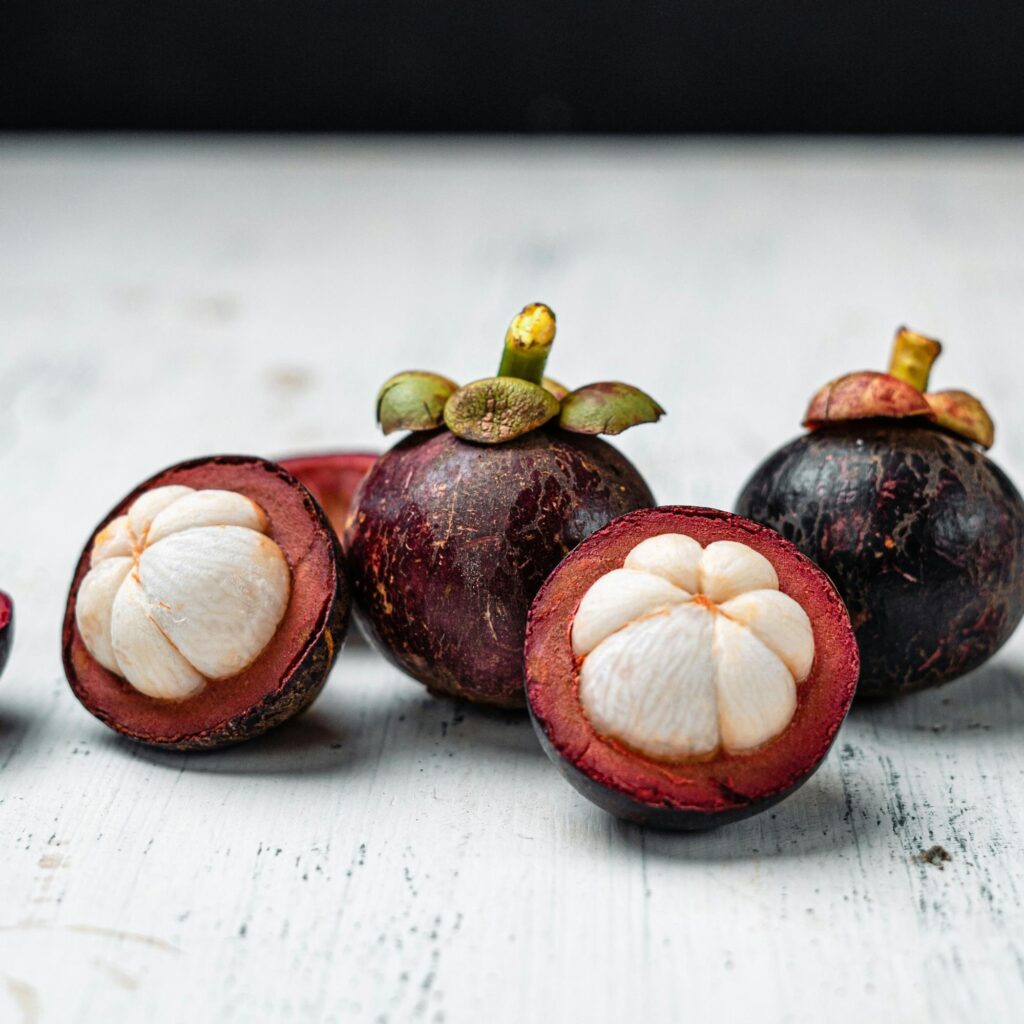
Several factors contribute to Thailand’s dominance in global mangosteen production:
Ideal Climate and Soil
Thailand’s abundant rainfall, warm temperatures, and fertile soils provide perfect conditions for year-round mangosteen cultivation, ensuring large, high-quality harvests.
Government Support
The Thai government actively promotes tropical fruit exports, offering financial subsidies, research support, and marketing initiatives to help farmers expand production and access international markets.
Advanced Farming Techniques
Thai farmers have adopted modern agricultural practices such as:
- Integrated pest management
- Improved irrigation systems
- Selective breeding for higher-yielding mangosteen varieties
These innovations have helped maximize yields and maintain consistent fruit quality.
Strong Export Infrastructure
Thailand’s efficient export logistics and proximity to key international markets, especially in Asia, ensure fast and fresh delivery of mangosteens worldwide.
Other Major Mangosteen Producers
While Thailand leads the pack, several other countries also cultivate mangosteen, though on a smaller scale:
Indonesia
Considered one of the native lands of mangosteen, Indonesia produces significant quantities, primarily for domestic consumption and limited regional exports.
Malaysia
Malaysia cultivates mangosteens, especially in the states of Perak, Johor, and Pahang. While local consumption is strong, the country also exports to neighboring nations and the Middle East.
Philippines
The Philippines grows mangosteens primarily in Mindanao. The fruit is consumed locally and exported to countries like Hong Kong and Japan.
Vietnam
Vietnam is an emerging player in the mangosteen industry, with plantations in Mekong Delta provinces such as Tien Giang and Ben Tre.
India
India cultivates mangosteen in Kerala, Karnataka, Tamil Nadu, and Maharashtra, where it’s primarily sold in domestic markets.
Global Demand and Export Markets
Mangosteen’s growing reputation as a superfruit has increased demand in health-conscious markets globally. Its high antioxidant content and immune-boosting properties have earned it popularity among wellness enthusiasts.
Among export destinations:
- China remains the top importer of Thai mangosteen, accounting for a significant share of Thailand’s exports.
- Singapore, Malaysia, and Hong Kong are consistent consumers.
- The United States and Europe have seen rising demand, though strict phytosanitary regulations limit large-scale imports.
Nutritional and Economic Importance
Mangosteen is highly valued not just for its flavor but also for its nutritional and medicinal benefits:
- Rich in xanthones (potent antioxidants)
- Contains vitamin C, fiber, potassium, and folate
- Believed to support immune health, reduce inflammation, and aid digestion
From an economic standpoint, mangosteen farming provides livelihoods for thousands of smallholder farmers in Thailand and other producing countries, contributing significantly to rural economies.
Conclusion
So, which country is the largest mangosteen producer globally?
The clear and consistent leader is Thailand. With its ideal growing conditions, government support, modern farming practices, and strong export infrastructure, Thailand accounts for the majority of the world’s mangosteen production.
As global awareness of this delicious, healthful fruit continues to rise, Thailand’s position as the premier supplier of mangosteens appears secure for the foreseeable future. While other tropical nations like Indonesia, Malaysia, and Vietnam contribute to global supply, none match Thailand’s volume, quality, and export reach.

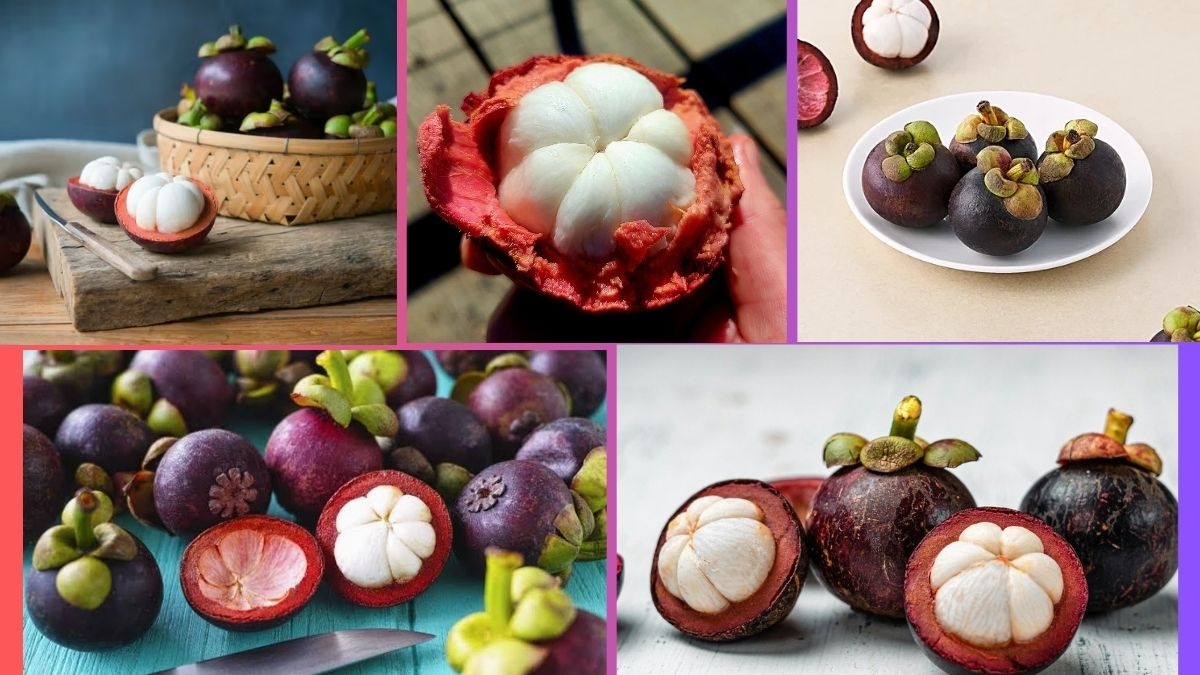
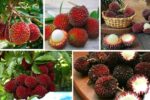
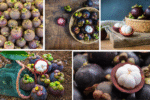
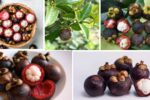
Leave A Comment